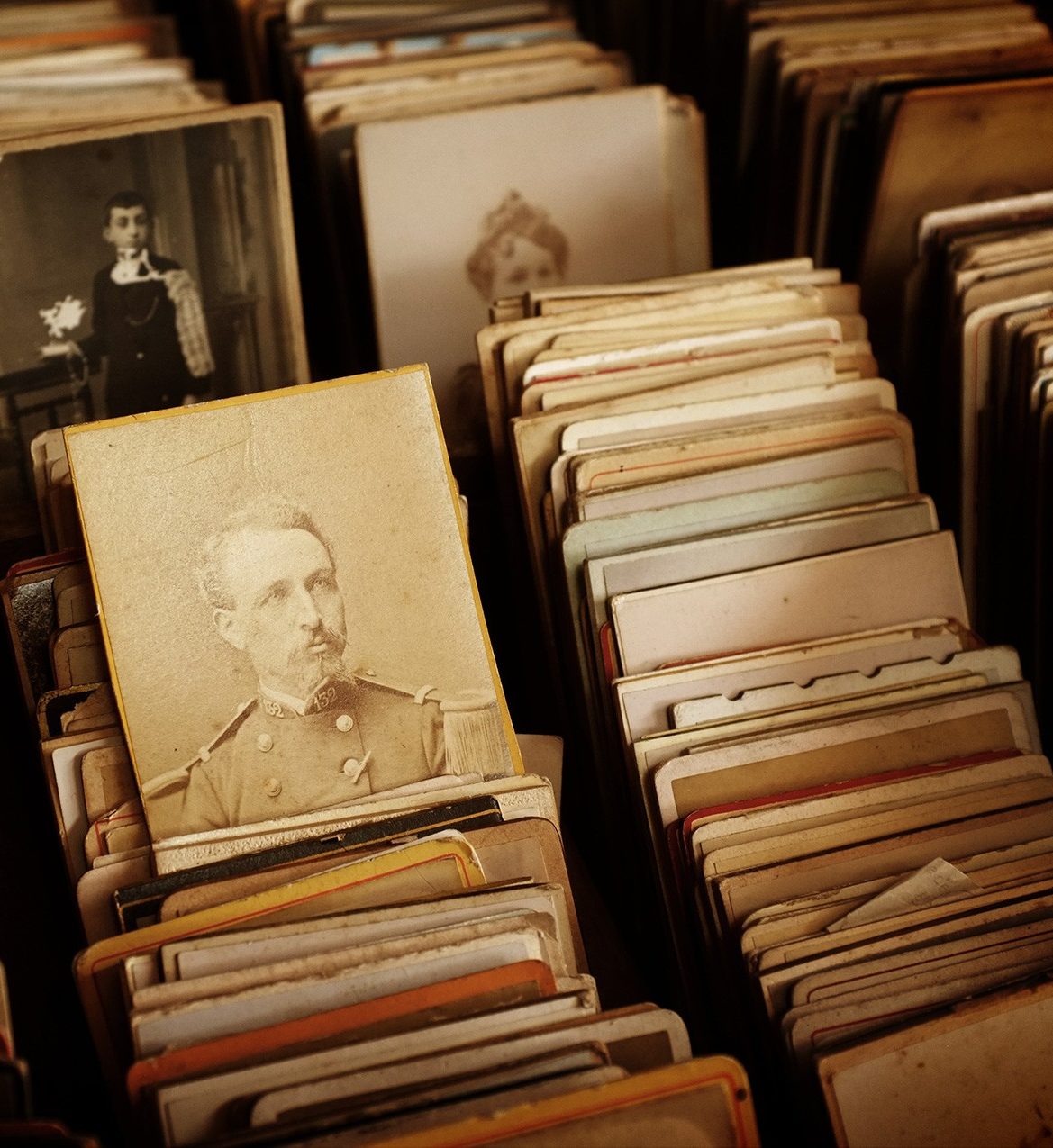
Careers with a history degree
Studying History means examining humanity through events, culture and text, developing strong analytical and interpretative skills to understand conflict, change and continuity across time.
What can I do with my degree? History leads to careers in education, public policy, journalism, museum archives and research.
Skills you'll develop
Your degree builds more than academic knowledge, it shapes the way you think, communicate and collaborate. Throughout your studies, you'll develop key skills for your career, such as:
Functional knowledge:
Use primary and secondary sources to examine different cultures, societies and historical interpretations
Communication:
Write well-structured papers using historical evidence to build compelling arguments and debates
Management and organization:
Manage multiple research projects, readings and writing assignments while meeting deadlines
Teamwork:
Be open to multiple perspectives to understand different historical and cultural viewpoints
Critical thinking and problem solving:
Understand recurring themes in history to make informed predictions about modern issues
As a Concordia student, you will develop valuable skills to bring to any career opportunity.
Beyond the classroom: build your career path
Getting involved outside of the classroom can help you discover your interests, develop new skills and build a network of peers and professionals in your field.
First year
- Familiarize yourself with Concordia Library’s history writing guide and history resources.
- Get support organizing your busy schedule at the Time Management Clinic.
- Join Students of History at Concordia or explore other clubs that interests you.
- Improve your language fluency in French or English through conversation practice.
- Browse the CAPS online job bank for opportunities to gain work experience.
Middle years
- Connect with Career Counselling & Education Transitions to plan your career path.
- Become involved with The Centre for Oral History and Digital Storytelling (COHDS).
- Explore research opportunities within the History department.
- Enrich your global perspective by studying abroad for an academic term.
- Volunteer with an organization for a cause you care about.
Final year
- Explore courses in History with an experiential learning component.
- Prepare for grad school interviews and professional presentations with FutureBound’s storytelling and public speaking series.
- Explore leadership opportunities in Students of History at Concordia.
- Network with potential employers at recruitment events and career fairs.
Specialize your studies
Minors & elective groups
You can customize your degree by adding a minor or elective group. Popular choices with this program include:
Graduate studies and certifications
Graduate studies can help you specialize in a subject you love, engage in meaningful research or open doors to new career paths. Certifications are a great way to build new skills that complement your degree.
Talk to your professors or a career counsellor at the Student Success Centre to find programs that fit your goals.
Start exploring:
- Universitystudy.ca: A data base of graduate programs in Canada
- Concordia’s School of Graduate Studies: Graduate programs offered at Concordia
- Graduate funding and awards: Scholarships and awards, research and teaching assistantships, and other financial supports for Concordia graduate students
- Concordia Continuing Education: Courses, workshops and programs to advance your career
Career exploration resources
Professional organizations
Explore opportunities and expand your network.
Job Banks
Career counselling & advising
Want tailored career advice? Book an appointment with one of our career counsellors or career advisors.
Start your job search
Career Advising and Professional Success (CAPS) can help you find opportunities and support you with networking, applications and interviews.

